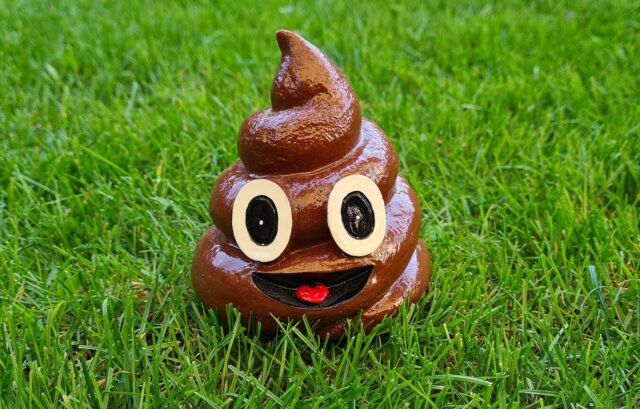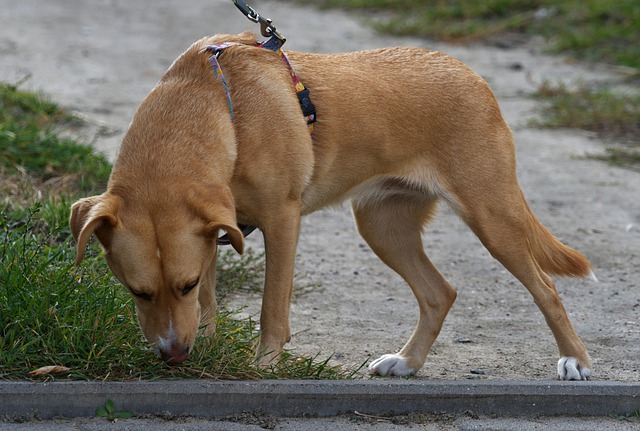It turns out not obeying leash laws in common dog walking areas can have some seriously negative effects on the environment.
We all know (and roll our eyes at) those dog owners who ignore the signs when entering the parks and walking trails. They carelessly unclip their dogs’ leads, allowing them to wander freely, sprinkling their number ones and number twos at will. Not only is this thoroughly annoying, but a recent study from Belgium also shows that free-range dogs may be helping to destroy the environment as a “substantial and underestimated” source of soil pollution.

The researchers monitored four nature reserves in Ghent for a year and a half, counting a total of 1,629 canine visitors. Despite the leash laws, nearly a third of those dogs were allowed to roam freely by their human companions, leaving behind nitrogen from their urine and feces and phosphorus from the latter. These macronutrients can significantly impact the local ecosystem, causing plant life to become less diverse.
As such, the study estimates an annual 11.5 kilograms (25.4 pounds) of nitrogen and 4.8 kilograms (10.6 pounds) of phosphorus per hectare pollute the trails of Ghent. If all dogs were kept on-leash, those numbers would increase substantially, reaching as high as 175 kg of nitrogen and 73 kilograms of phosphorus a year.
“In our scenario where all dogs were kept on leashes, we found that in these concentrated areas around paths, nutrient inputs of both nitrogen and phosphorus exceeded legal limits for fertilization of agricultural land,” says bioscience engineer Pieter De Frenne of Ghent University. “Which is quite staggering as our study concerned nature reserves!”

At first, it seems that keeping dogs on-leash makes the problem much worse. However, the pollution would be contained to a smaller area, meaning the nature reserve would be less impacted overall. If all the pet owners visiting Ghent’s nature reserves leashed their dogs, stuck to the paths, and picked up their pups’ poops, models show they could reduce nitrogen pollution by 56 percent and phosphorus pollution by 97 percent.
The findings put new meaning behind the importance of leashing your dog while enjoying green spaces. Not only is it safer for other people and pets, but it can also help prevent species decline.
“Higher nutrient levels lead to increased plant growth, mostly by a limited number of nutrient-demanding species that will outcompete specialists, particularly by taking away the available light, causing plant species loss and homogenization of plant communities.”

The answer does not seem to be widespread dog bans, as it takes years of keeping dogs away from nature preserves to repair the damage that has been done. Instead, the problem calls for more responsible dog ownership and adherence to leash laws. Additionally, creating more off-leash dog parks for our pets to enjoy could help take pressure off popular green spaces we are trying to maintain or restore.
H/T to ScienceAlert.com
 Toledo, United States.
Toledo, United States.